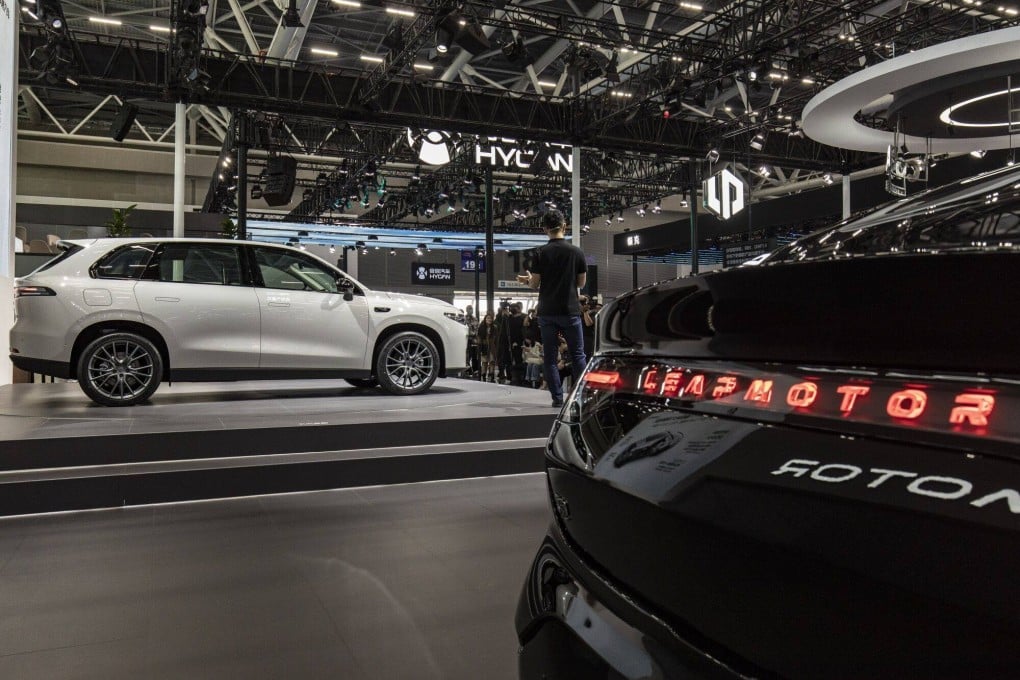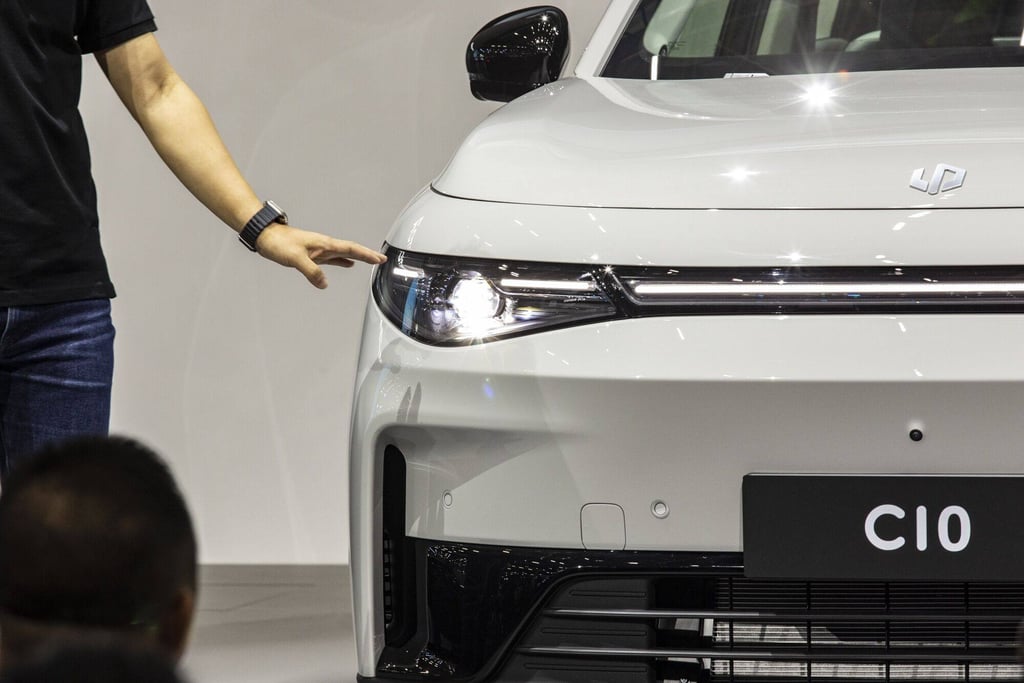EV maker Leapmotor targets European markets next fall, as exports provide ‘safety valve’ for China’s production
- Leapmotor plans to start exporting to Europe in the third quarter next year, joining domestic peers BYD and Geely in targeting overseas car buyers
- Europe is the world’s second-biggest EV market after China, and has set a ban on sale of new fossil-fuel cars starting in 2035 to combat climate change

Electric vehicle (EV) maker Leapmotor Technology plans to start exporting to Europe in the third quarter next year, joining domestic peers BYD and Geely in targeting overseas markets as production growth in China exacerbates what some have called an overcapacity.
Europe will be the first market to get Chinese-built Leapmotor EVs, sold by a Dutch-based joint venture with Stellantis, formerly Fiat Chrysler, said Wu Qiang, co-president of the Hong Kong-listed company at a press conference on Thursday, where it was also announced that the transaction of a 21 per cent stake sale to Stellantis for €1.5 billion, was completed.
The expansion into Europe is “the first step in a long march,” said Wu.

Leapmotor has not set a specific sales target, but announced that Germany, Italy, France, and Spain will be among the 10 European destinations for its cars, according to Wu.